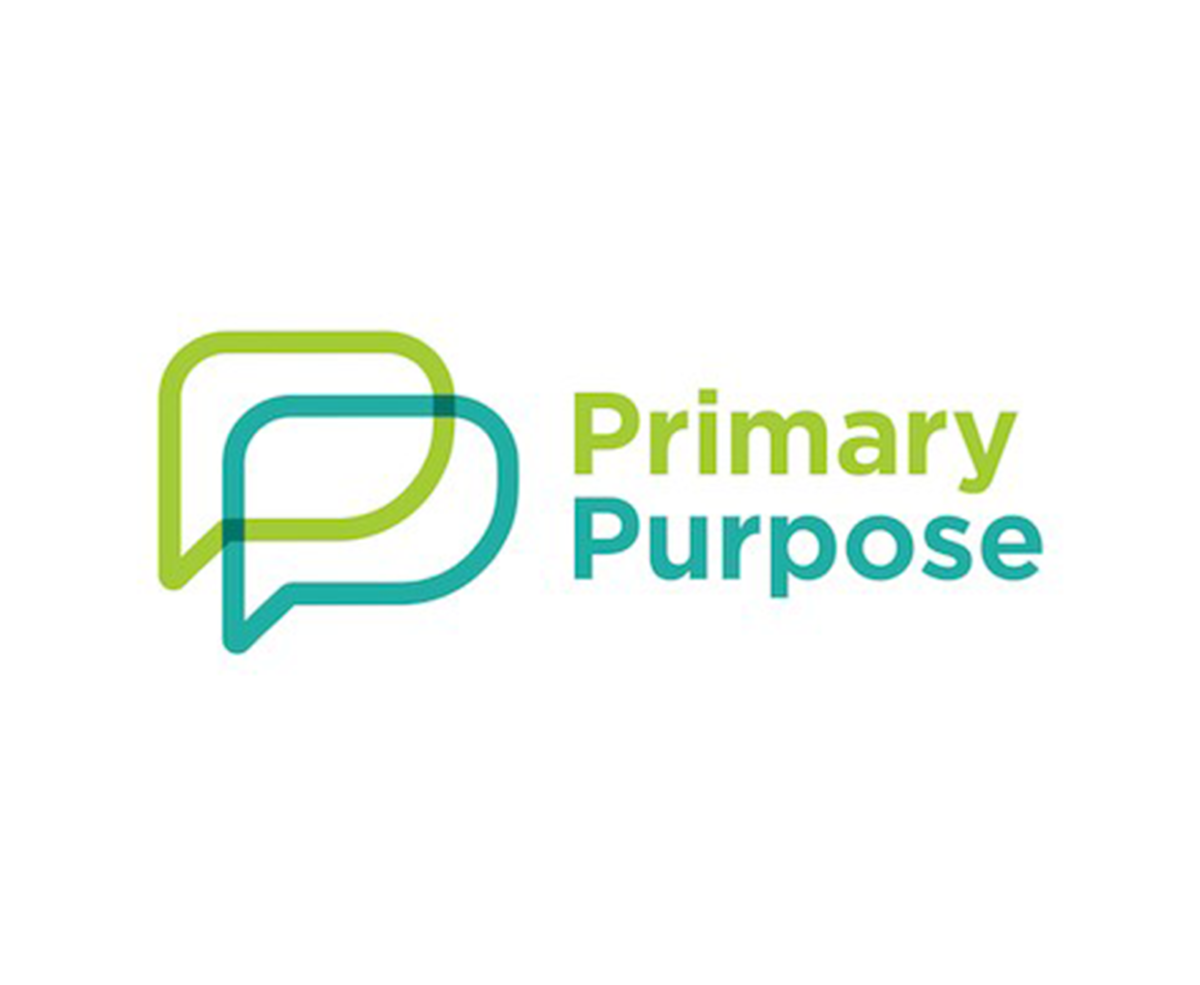David Kiss and Jason Rolfe, 2017 Nuffield Scholars
England – The Triennial
The Triennial was an amazing opportunity to catch-up with not only the other groups who were also travelling on their GFPs, but also to meet and interact with a range of scholars from all countries and years. They provided a fascinating insight into the Nuffield Scholarship and the opportunities and discussions that have resulted following completion of their scholarship programmes.
Although several impressive businesses were viewed, many of which were using new technology to improve their profitability, sustainability and environmental impact, discussion was very much influenced by the upcoming BREXIT and what this will potentially mean for these businesses. Some appear to be embracing the opportunity, while others were quite apprehensive about the challenge of competing against lower cost or more efficient operators from other parts of the world (NZ very much included).
There was considerable discussion regarding the potential for subsidies in farming to be reduced or removed, and NZ was discussed at length as a model as to how this could work. Many of the businesses that we were shown relied heavily upon manual labour which invariably came from Eastern Europe, a challenge that the UK government will face as they work through discussions with the EU.
Some of the businesses that we were fortunate enough to visit really focused on two key points of interest, the first being the provenance of the food they were selling and ensuring the quality of that produce.
Consumers are becoming increasingly focussed on the ‘story’ of their food. They want to know how it has been made, where it comes from and what makes it unique.
We cannot underestimate the importance of this, however any ‘story’ must be supported by a strong and secure supply chain that backs the integrity of claims on the packaging. I was also struck by the high importance of consistent quality and the impact of this quality on the price that is received.
At Hall Hunter Partnership, the managing director Harry Hall was only interested in supplying berries of ‘A’ quality. Berries that did not meet ‘A’ quality standards were discarded regardless of any income that could be received from them.
Together with his level of supply, this meant he had the ability to engage in meaningful discussions with his in-market partners (Waitrose and Marks & Spencer) when it came to marketing his products and achieving the highest possible price (and therefore the best return on his assets).
David Kidd
*****
United Kingdom – “Attitude towards Agriculture and Subsidies”
In the UK, we were lucky enough to attend the Nuffield Triennial Conference, where we got to mix and mingle with many previous Nuffield scholars from around the world. This was a valuable opportunity to make some contacts for further travel and research later in the year.
The common topic of the conference was around ‘Brexit’ and what the future looked like for British Agriculture as they transitioned out of the European Union (EU).
The debate naturally centred around farm subsidies currently received by farmers and whether these would continue and for what. Interesting for me was the large number of farmers, including UK Nuffielders, whose attitude was that they would not survive without subsidies and were very resistant to change.
Delegates at the conference were in agreement that due to Agricultures relatively small contribution to GDP that subsidies were going to be greatly reduced if not removed.
This potentially would create opportunities for the younger generation if older farmers chose to exit the industry. It was clear that the process of leaving the EU was going to be very long and drawn out.
Due to this and the inward focus it brings, they may miss global market access opportunities.
Jason Rolfe


























